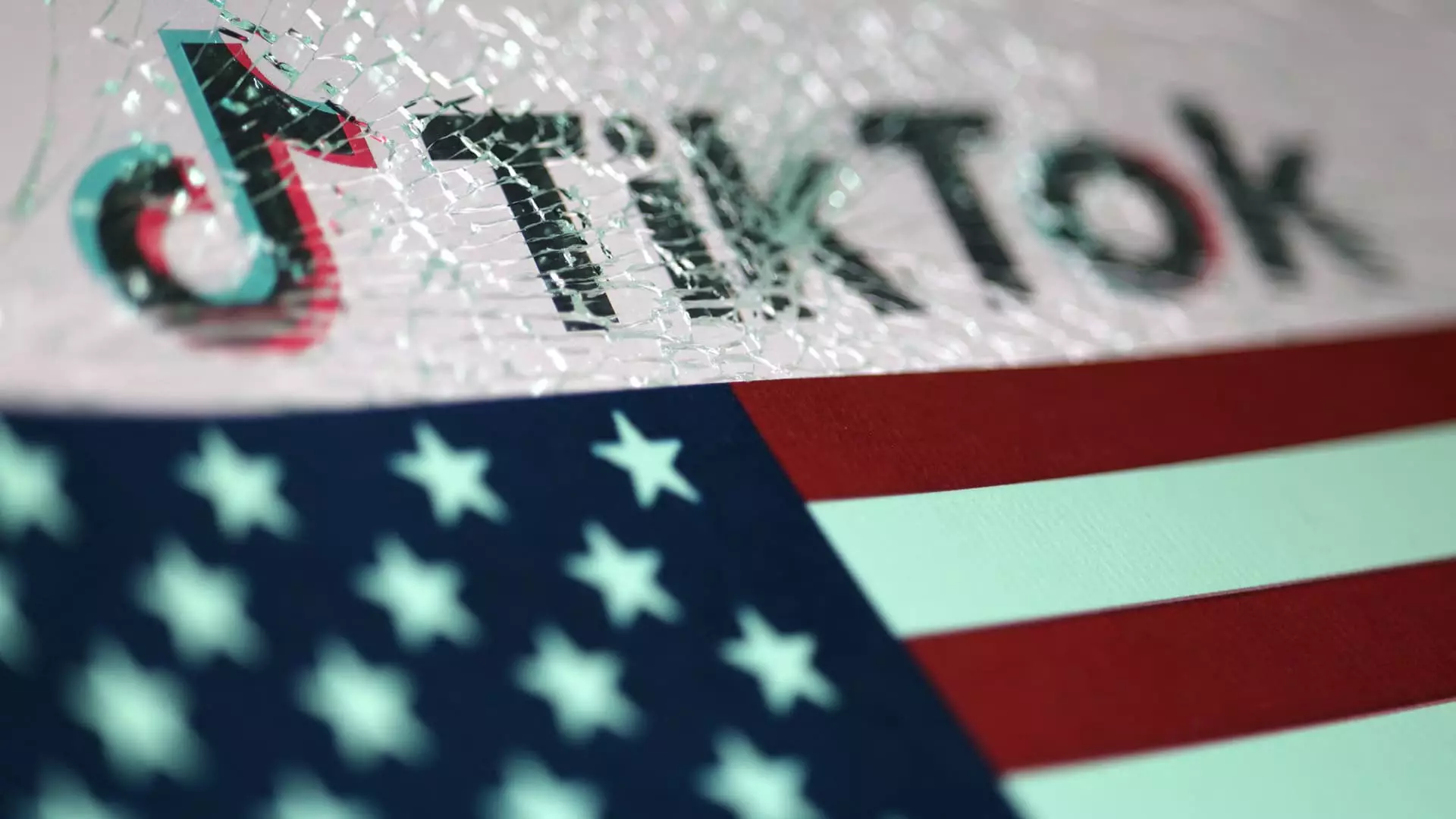The ongoing saga surrounding TikTok in the United States underscores the complexities at the intersection of technology, international relations, and individual freedoms. Following the election of President Donald Trump, a significant shift occurred concerning the popular social media platform. While an executive order intended to delay a federal ban on TikTok was imminent, the reality remained fraught with uncertainty for both users and the app’s parent company, ByteDance.
As TikTok temporarily restored access to American users, the platform celebrated what it interpreted as a victory for free speech and a hopeful sign of reconciliation with U.S. regulations. The company expressed gratitude towards Trump for easing apprehensions regarding potential penalties faced by service providers. This action was portrayed as a commitment to foster a landscape where over 170 million Americans, alongside millions of small businesses reliant on its platform, could continue to thrive.
Nevertheless, this reprieve seemed to be more a function of political maneuvering than a definitive resolution to the legal and regulatory challenges that hung over TikTok. The platform touted this development as a significant endorsement of the First Amendment; however, the nuances of its future in the U.S. remained vague.
Trump’s communication on his social media platform, Truth Social, revealed an eagerness to engage in direct dialogue regarding TikTok’s status. By advocating against a complete blackout, he captured the attention of a vast audience that relied on the app for entertainment and business opportunities. Nonetheless, the predicament presents a conflict between national security and consumer choice, raising critical questions about censorship and the approach to foreign technology in America.
The decision to extend the ban was shaped by a Supreme Court ruling, highlighting the judicial system’s role in this contentious issue. Given the backdrop of increasing concerns about data privacy and surveillance, particularly for apps with ties to non-Western countries, the stakes for TikTok are high. The platform finds itself straddled between political aspirations and the practicalities of compliance with evolving legislation.
Despite TikTok’s attempts to create a narrative of cooperation with the Trump administration, the reality is marked by significant challenges. The company’s future hinges on either divesting from its Chinese ownership or demonstrating sufficient transparency to assuage federal concerns. Trump’s proposition for a 50% U.S. ownership may seem practical to some; however, it contradicts ByteDance’s unwavering position to retain full control of the platform.
Moreover, the fluctuating public sentiment regarding TikTok cannot be overlooked. While millions of users continue to engage with the platform, the underlying fears regarding data security persist, creating an environment rife with skepticism. The potential for arbitrary censorship looms large, and the outcome of TikTok’s legal and existential battles will shape perceptions of privacy and free expression in the digital age.
The TikTok saga highlights the clash of interests that emerge from the rapid evolution of technology in a politically charged climate. As the situation continues to unfold, both users and stakeholders must navigate these complexities, acknowledging that while temporary solutions may provide a momentary respite, the quest for a long-term resolution remains an intricate and unresolved puzzle.

Leave a Reply